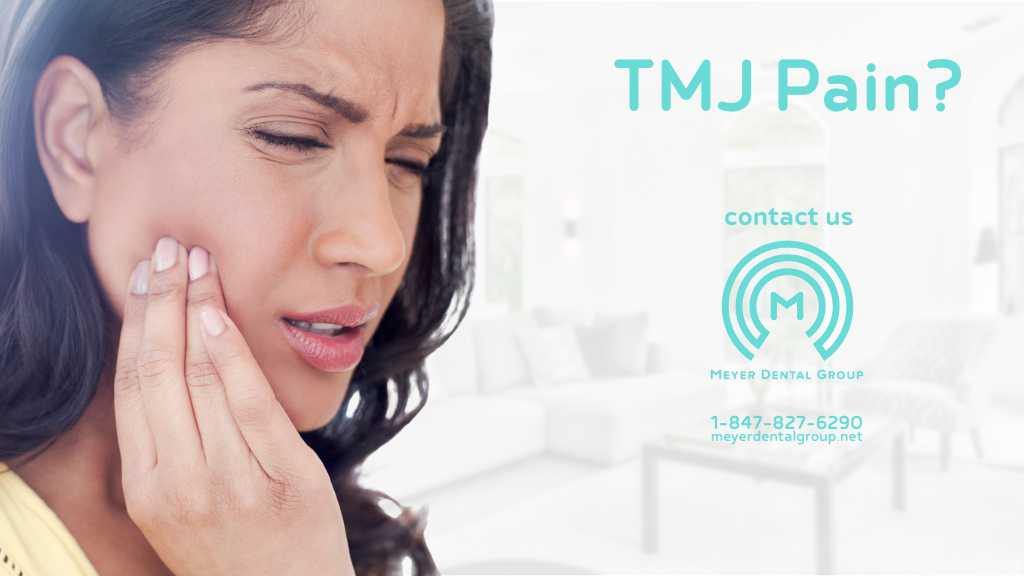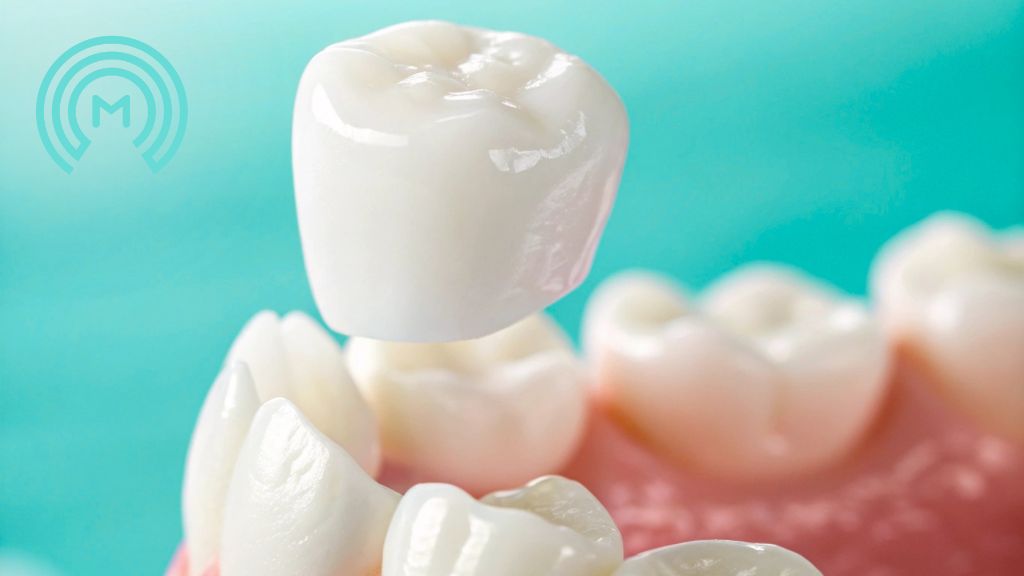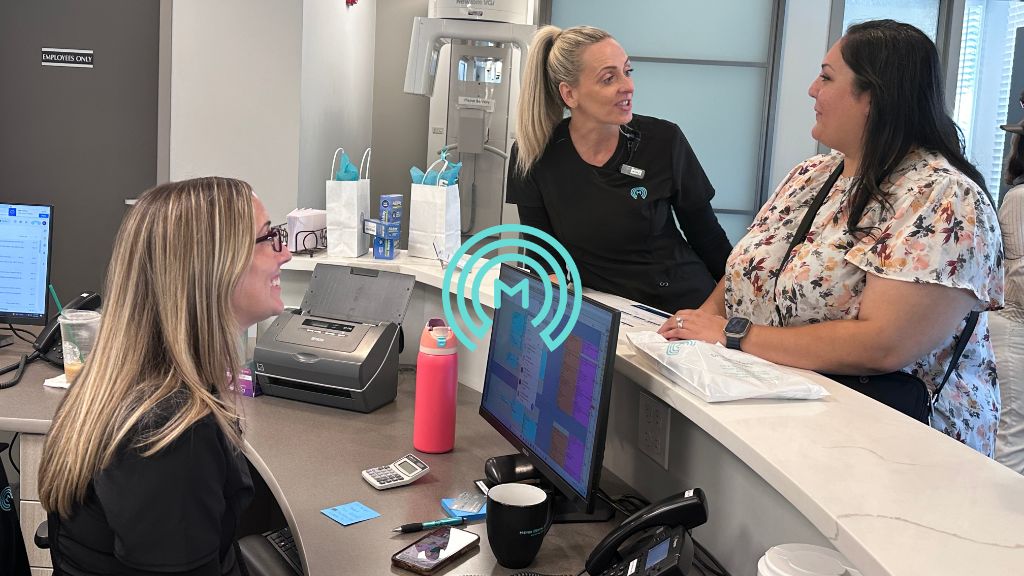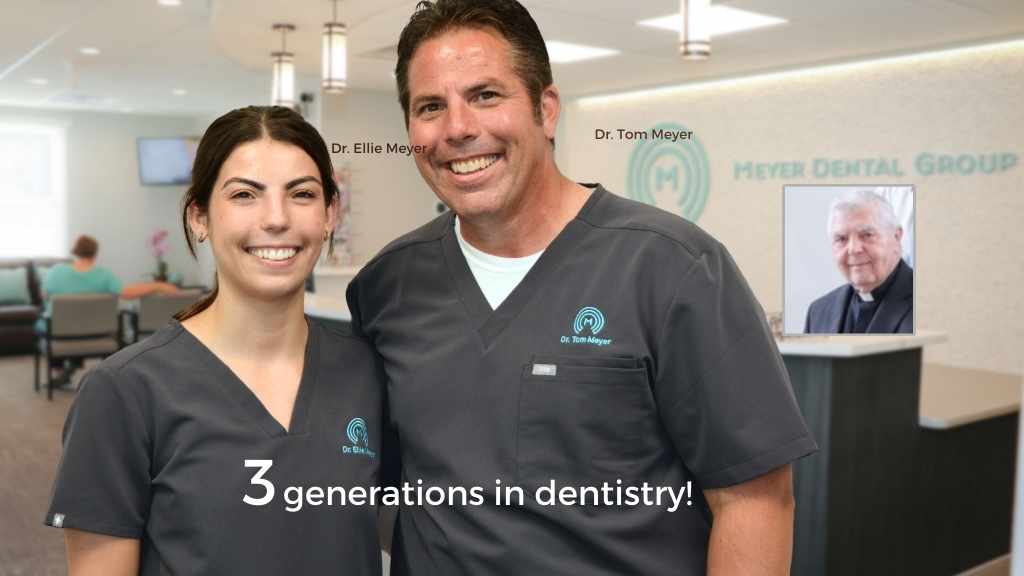
Dr. Tom Meyer:
“As a TMJ practitioner, I understand the pain and discomfort that TMJ patients experience. TMJ can impact your daily life, making it difficult to eat, speak, and even sleep. It’s frustrating to deal with a condition that affects such an essential part of our daily lives. I empathize with my patients and work tirelessly to find the best treatment options to alleviate their symptoms and improve their quality of life. My goal is to help my patients overcome TMJ so that they can live without pain and discomfort. When you suffer from a TMJ disorder, please do not hesitate to contact us, we are here to help.”
What is TMJ?
TMJ is an abbreviation for Temporomandibular Joint Disorder. It is a condition that affects the joint that connects the jawbone to your skull. This joint is located in front of your ear on each side of your head and allows you to move your jaw up and down, side to side, and back and forth. TMJ occurs when this joint becomes inflamed or damaged, causing pain and discomfort in the jaw, face, ears, head, neck, and shoulders.
What are the most common TMJ symptoms?
TMJ can cause a wide range of symptoms, which can vary in severity from person to person. Here are some of the most common symptoms of TMJ:
- Pain and tenderness in the jaw, face, or ear
- Difficulty opening or closing the mouth
- Clicking, popping, or grinding sounds when moving the jaw
- Headaches or migraines
- Neck and shoulder pain
- Ear pain or ringing in the ears
- Dizziness or vertigo
- Teeth grinding or clenching
If you are experiencing any of these symptoms, it is important to see a Mount Prospect TMJ dentist like Dr. Tom Meyer for an evaluation and a TMJ diagnosis.
What are common TMJ causes?
While the exact cause of TMJ is not always clear, it is believed to be related to a variety of factors, including stress, injury, and misalignment of the teeth or jaw. There could be several factors that may contribute to the development of the condition. These include:
- Trauma or injury to the jaw, such as a car accident or sports injury
- Arthritis or other joint disorders that affect the temporomandibular joint
- Bruxism, or teeth grinding and clenching
- Poor posture or muscle tension in the jaw, neck, or shoulders
- Misaligned teeth or jaw
How can TMJ be treated?
Treating TMJ often involves a combination of approaches, including self-care measures, dental treatments, and medical interventions. Here are some of the most common TMJ treatment options:
- Self-care measures: In some cases, TMJ can be managed with self-care measures, such as practicing good oral hygiene, eating soft foods, avoiding extreme jaw movements, and applying warm or cold compresses to the affected area.
- Dental treatments: Mount Prospect TMJ Dentist Dr. Tom Meyer may recommend a variety of dental treatments to help alleviate TMJ symptoms, including orthotics or bite guards to help prevent teeth grinding, dental work to correct misaligned teeth or bite issues, and orthodontic treatments to realign the jaw.
- Physical therapy: Physical therapy can be helpful in managing TMJ symptoms by improving the range of motion, strengthening the jaw muscles, and reducing muscle tension and pain.
- Medications: Over-the-counter pain relievers such as ibuprofen or acetaminophen can help relieve TMJ pain and discomfort. In some cases, muscle relaxants or prescription pain medications may be recommended.
- Surgery: In rare cases, surgery may be necessary to treat TMJ. This may involve removing damaged tissue or repositioning the jaw.
In conclusion, TMJ is a condition that affects the joint connecting the jawbone to the skull and can cause a wide range of symptoms, including pain, tenderness, and difficulty moving the jaw. A variety of factors, including injury, bruxism, and misaligned teeth or jaw, can contribute to its development. Treating TMJ often involves a combination of approaches, including dental treatments, physical therapy, medication, and sometimes surgery. If you are experiencing symptoms of TMJ, it is important to see a dental professional like TMJ Dentist Dr. Tom Meyer for an evaluation. At any rate, do not wait to take action. Alleviating your TMJ symptoms can only improve your overall quality of life.
Make an appointment with Meyer Dental Group in Mount Prospect today.



